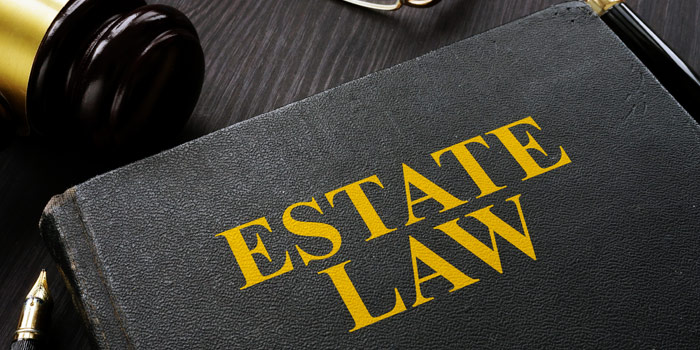ESTATE
This is all your stuff. From financial accounts to furniture. In planning your estate, you get to decide who gets what.
PRINCIPAL
Assuming we are talking about your estate, this is you.
TESTATOR (TESTATRIX for females)
This is also you. The “testator” is the person for whom a will is drafted.
FIDUCIARY
This is the person who is responsible for making responsible, good faith decisions that are in your best interests or in the best interest of your estate when you cannot speak for yourself.
EXECUTOR
This is the fiduciary who is charged with doing all the “business parts” in the case of your death. He or she gathers all of your assets, pays bills that are due and makes distribution to the beneficiaries (see below). The term “executor” is used when you have a will.
ADMINISTRATOR
Should you not have a will, the term “administrator” is used instead of “executor”. An administrator is often appointed by a court.
BENEFICIARY
A beneficiary is an individual who receives some or all of the proceeds and assets from your estate when you die.
BACK-UP or CONTINGENT BENEFICIARY
Should the beneficiary not be alive when you die, the back-up beneficiary or beneficiaries receive your assets.
PER STIRPES
This Latin term means that if your beneficiary dies before you do and before you can make a new designation for a beneficiary, the children of the named beneficiary will receive his designated share.
CONSERVATOR
Should the children of the deceased beneficiary be disabled or be minors, the court will appoint a “conservator” to act as a “fiduciary” on their behalf.
GUARDIAN
This is a person who is named in the will to take care of minor children. If no guardian is named (or if there is no will) the court will appoint a person to be guardian. (The judge does not always appoint a family member for this responsibility.)
RESIDUARY ESTATE
Often a “testator” will leave specific parts of an estate to a specific charity or person. After all of the specific distributions are made, whatever is left is called the “residuary estate”.
Estate planning lingo can be daunting when the language is unfamiliar. Knowing the primary terms will make the process of meeting with an estate planning attorney more comfortable.

